Ukraine says lost control of Severodonetsk village amid Russia's advances
Ukraine has admitted to losing control of a village adjacent to the key industrial city of Severodonetsk, which has been the flashpoint of fierce battles between the Ukrainian and Russian forces in recent weeks.
"Unfortunately, we do not control Metyolkine anymore and the enemy continues to build up its reserves," the Lugansk Regional Governor Sergiy Gaiday said in a statement on Monday.
The city’s chief administrator Oleksandr Stryuk also confirmed on Ukrainian television later on Monday that Russian troops had taken control of most of the city’s residential areas.
"If we talk about the whole city, still more than a third is controlled by our armed forces. Russians control the rest," Stryuk remarked, noting there are round-the-clock street battles underway and that Ukrainian forces are regularly being shelled.
"The enemy is throwing more and more manpower into the offensive, to storm the city and push out our soldiers," he added, referring to Russia's military operation in the country to secure its borders from what it has described as the threat of eastern expansion of the US-led NATO military alliance.
Gaiday also admitted that the Azot chemical plant in Severodonetsk -- where hundreds of civilians are reportedly being sheltered -- was being "constantly" shelled by Russian forces.
It came amid reports that the US and its European allies are preparing for a lengthy war in Ukraine at the cost of “a global recession and mounting hunger” as the Biden administration struggles to avert a Russian victory by surging military aid to Kiev.
Biden administration officials had discussed the possibility of a protracted conflict [in Ukraine] with global spillover effects even before February when US intelligence had suggested Russia was preparing to invade the country, The Washington Post reported Saturday, citing a senior State Department official.
The daily further cited the official as saying that Washington hopes that supplying new weaponry to Kiev -- in addition to successive waves of sanctions and Russia’s diplomatic isolation – would potentially deter Moscow from continuing the conflict.
“Even if that reality does not materialize immediately, officials have described the stakes of ensuring Russia cannot swallow up Ukraine… as so high that the administration is willing to countenance even a global recession and mounting hunger," the report added.
Following the remarks by US officials, NATO Secretary-General Jens Stoltenberg and British Prime Minister Boris Johnson also warned that the war in Ukraine could last for years as Russian forces continue their advances east of the neighboring country.
"We must prepare for the fact that it could take years," the NATO chief said in an interview with Germany's Bild am Sonntag newspaper.
"We must not let up in supporting Ukraine. Even if the costs are high, not only for military support but also because of rising energy and food prices," Stoltenberg stressed.
Meanwhile, Russia's seizure of the key Ukrainian village with a pre-war population of nearly 1,000 people marks the country’s latest gain around Severodonetsk, where Moscow's troops have encountered tough resistance from the Western-backed Kiev forces.
Russian forces have gradually advanced toward the eastern Donbas region, where they focused their military operation after deciding to withdraw their troops from areas around the capital Kiev at the beginning of their military action in Ukraine.
Russia’s defense ministry also declared on Sunday that its Iskander missiles had destroyed weaponry recently supplied to Kiev by Western countries in Ukraine’s second-largest city of Kharkiv, northwest of Luhansk.
According to Western media reports, evacuations from Severodonetsk have not been possible for days, after the last bridge across the river connecting it to Lysychansk was blown up.
VIDEO | Press TV's news headlines
VIDEO | Iran will not 'capitulate' since it has military surprises for US
China overtakes US as Germany’s top trading partner
VIDEO | Displaced Gazans struggle to find clean water amid Ramadan
VIDEO | Pakistan strikes militant camps along Afghan border after suicide bombings
Iran FM: Chance still exists for win-win solution to nuclear issue
Denmark rejects Trump's plan to send US hospital ship to Greenland
US Secret Service kills man trying to enter Trump’s Mar-a-Lago estate


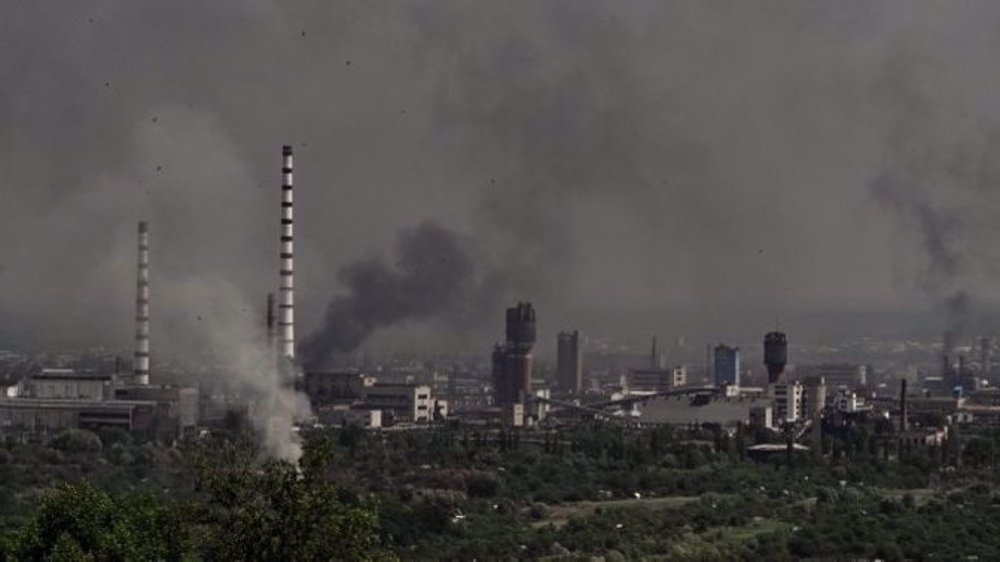
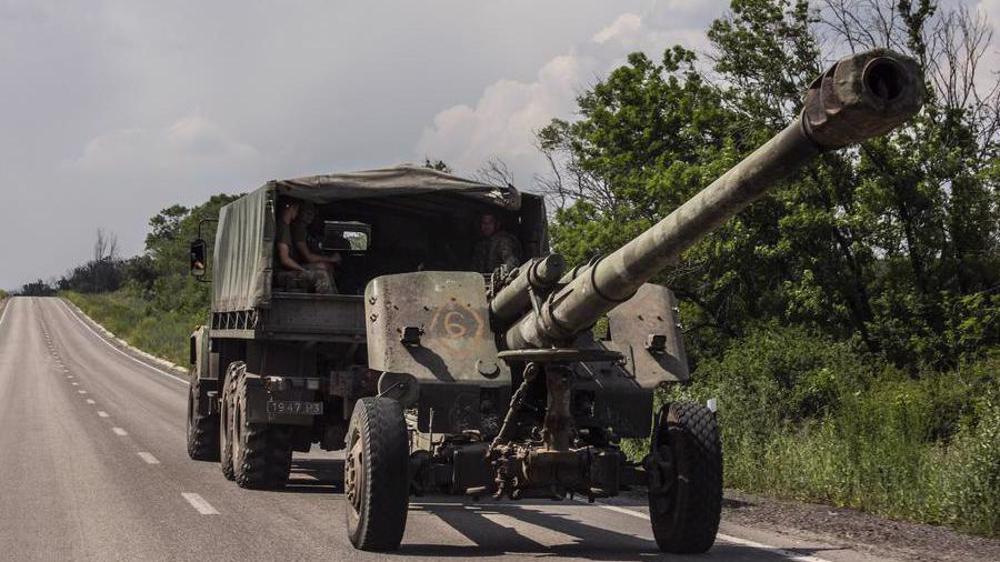
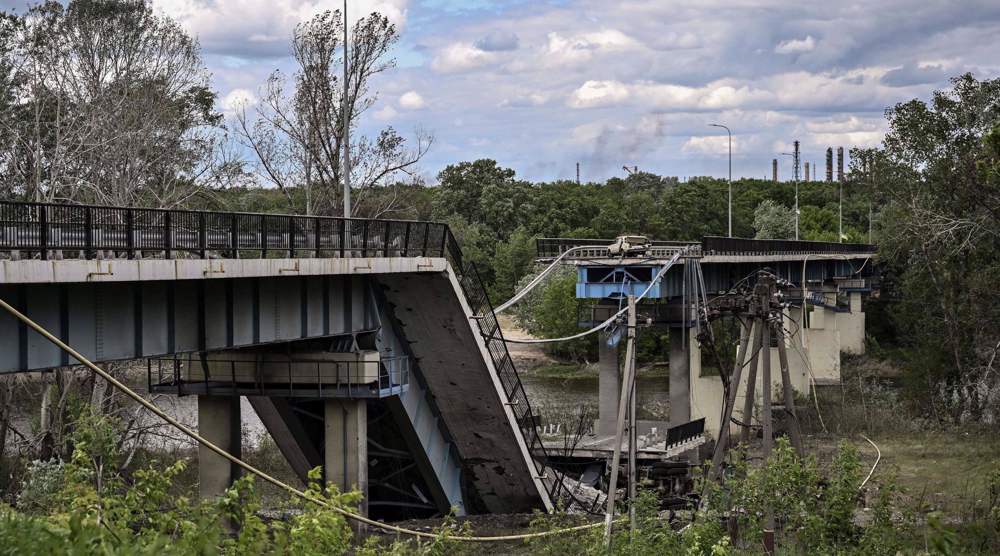
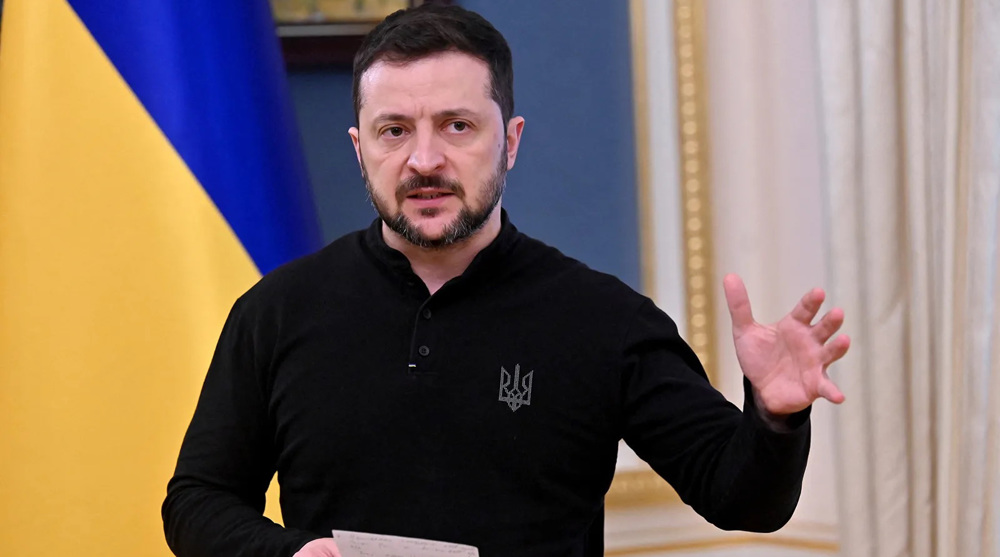

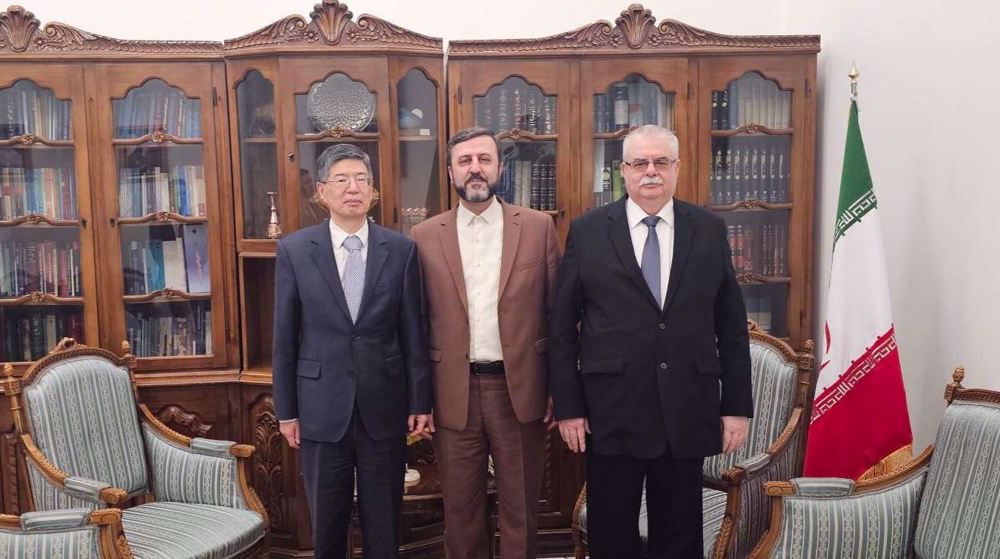




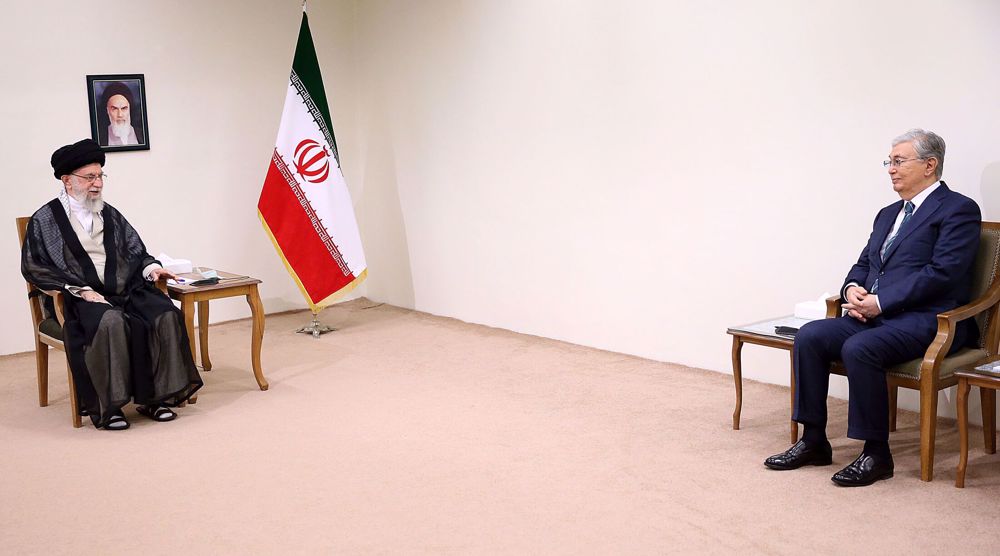
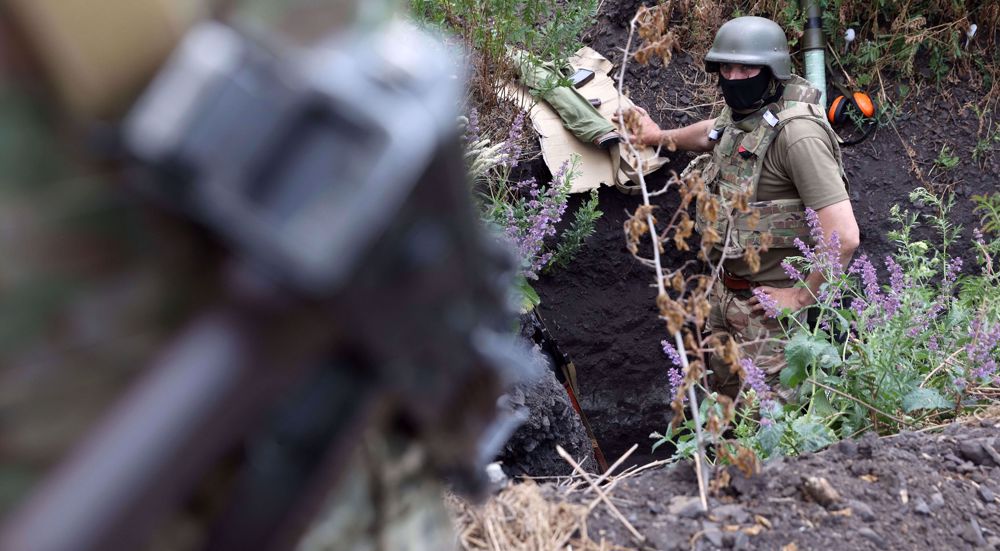

 This makes it easy to access the Press TV website
This makes it easy to access the Press TV website